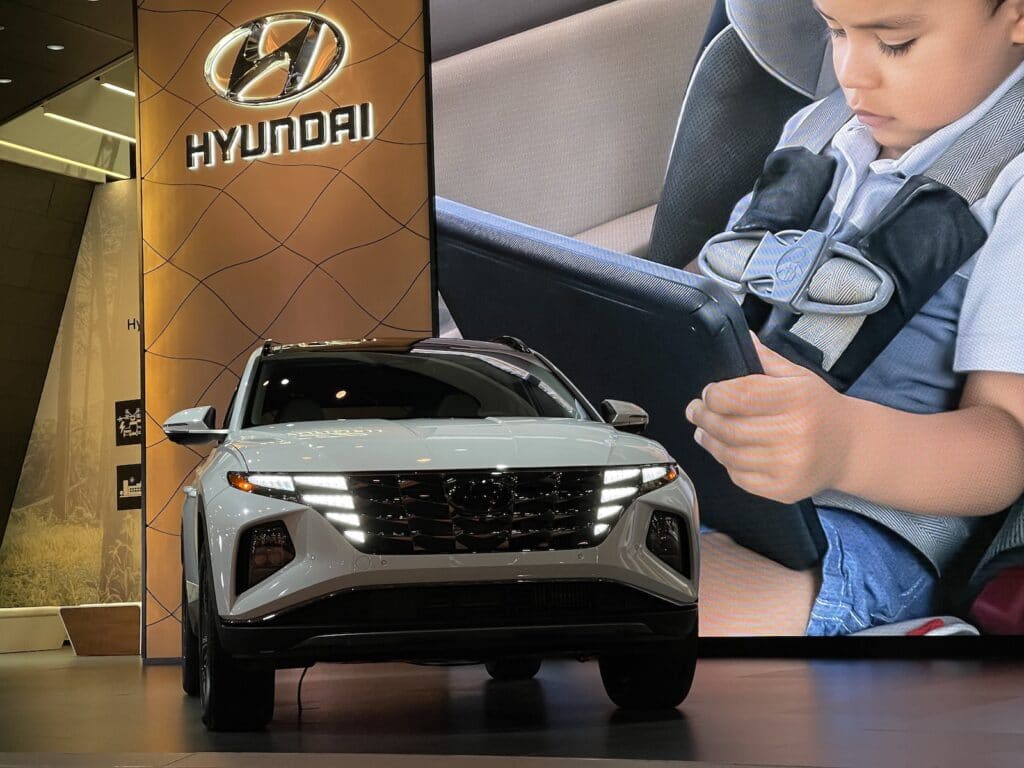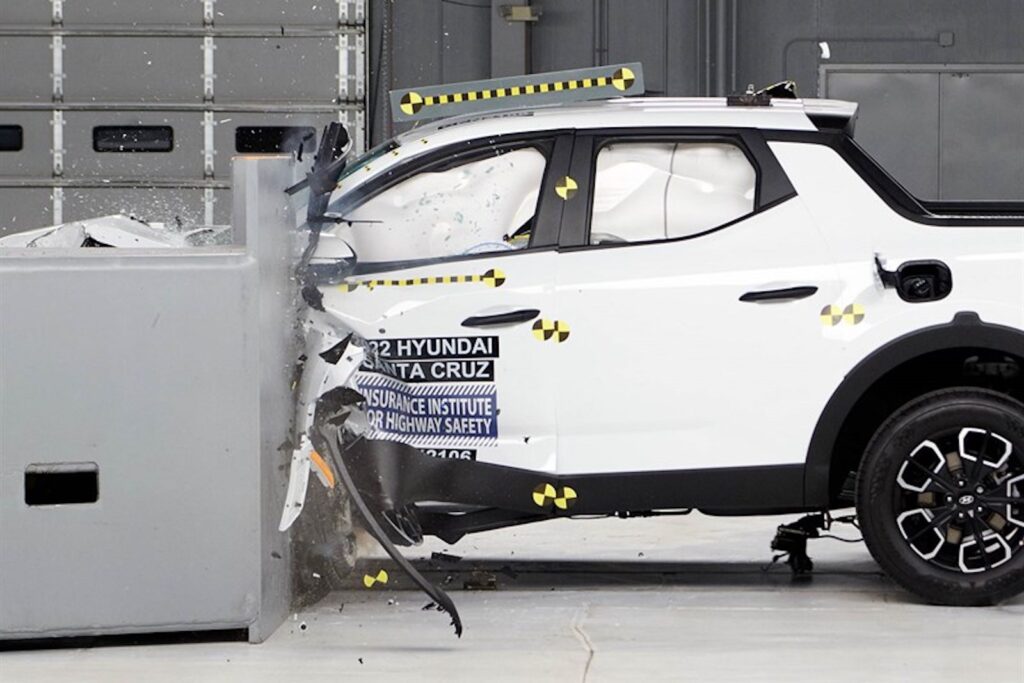Rather than rolling out a new car or concept during its Chicago Auto Show news conference, Hyundai shifted the focus to safety.

The automaker announced plans to launch a new Safety Test and Investigation Laboratory, or STIL, in Michigan, alongside its current technical center. The $50 million facility will not only permit the company to develop future safety technology but also probe problems reported back to it from the field.
“With the added testing and investigation capabilities of the STIL, we will better understand customer vehicle issues, identify and address defects and analyze vehicle systems more efficiently with our own, on-site laboratory, said Brian Latouf, the automaker’s chief safety officer.
“The access to real-world data will help accelerate our pursuit of a best-in-class safety office and enable effective safety technologies to help protect our customers and their families.”
The company boasts 12 vehicles that have earned the Insurance Institute for Highway Safety’s Top Safety Pick or Pick+ rating for 2022.
Safety does sell
For decades, automakers ran by the adage that “safety doesn’t sell.” That’s clearly no longer the case and manufacturers now are adding new safety technologies at a rapid clip, much of it in the form of digitally controlled advanced driver assistance systems.

But nothing is completely effective in all situations. That’s especially true with the new digital technologies which industry studies find can fail — or be ignored by motorists.
Understanding what went wrong can be challenging, but the new research center, nicknamed STIL, “will enable Hyundai to analyze field data, understand the root cause of issues and quickly take action to ensure vehicle safety.”
A collaboration with NHTSA
The automaker noted that the new facility was developed in collaboration with the National Highway Traffic Safety Administration in response to a 2020 Consent Order. It is spending about twice as much as the required $26 million investment, however.
About 150 jobs are planned at the safety lab.
It will be build alongside the Hyundai American Technical Center in the Detroit suburbs. The facility will include a field crash investigation lab, test track and other operations and is expected to be up and running by autumn 2023.







